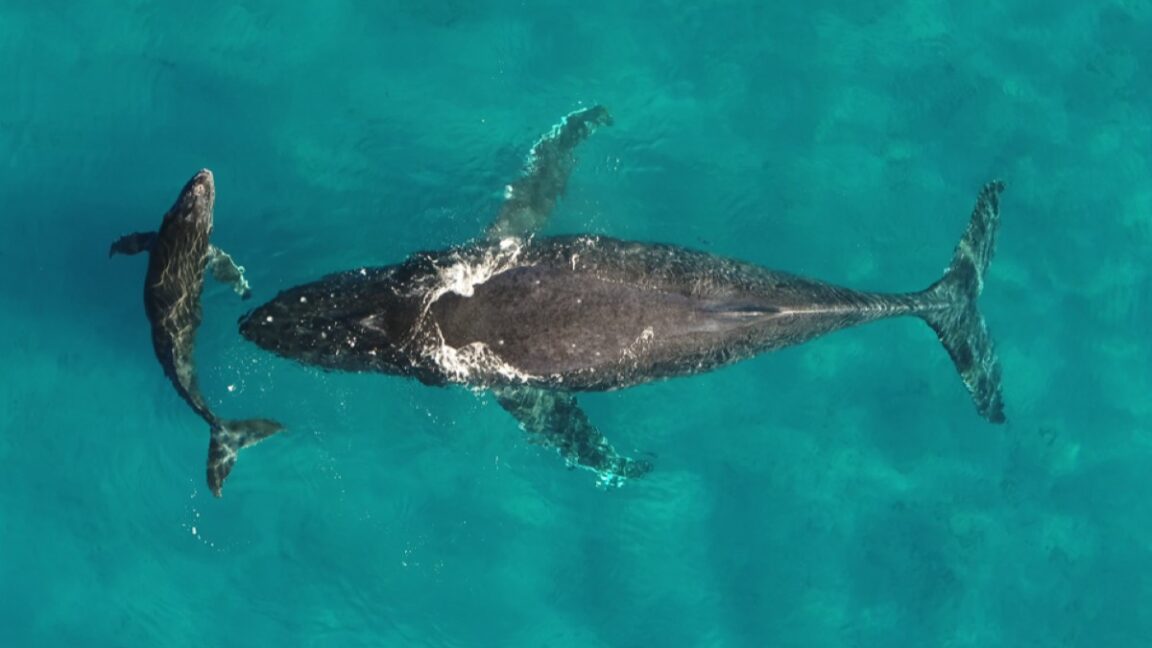
""Nature has finely tuned these journeys, guided by memory and environmental cues that tell whales when to move and where to go," said Trisha Atwood, an ecologist and associate professor at Utah State University's Quinney College of Agriculture and Natural Resources. But, she said, climate change is "scrambling these signals," forcing the marine mammals to veer off course. And they're not alone."
"Earlier this year, Atwood joined more than 70 other scientists to discuss the global impacts of climate change on migratory species in a workshop convened by the United Nations Convention on the Conservation of Migratory Species of Wild Animals. The organization monitors and protects more than 1,000 species that cross borders in search of food, mates, and favorable conditions to nurture their offspring."
Climate change is scrambling environmental cues that guide long-distance migrations, forcing marine mammals and other migratory species to veer off course and enter more dangerous waters. For millennia, large filter-feeding whales traveled seasonally from tropical breeding grounds to nutrient-rich polar feeding areas, but altered signals now disrupt those journeys. A United Nations convention monitors more than 1,000 migratory species crossing borders for food, mates, and breeding; more than 20 percent of these species are on the brink of extinction. Rising temperatures, extreme weather, and shifting ecosystems are reshaping critical habitats. Asian elephants are moving to higher ground and nearer human settlements, increasing conflict.
Read at Ars Technica
Unable to calculate read time
Collection
[
|
...
]